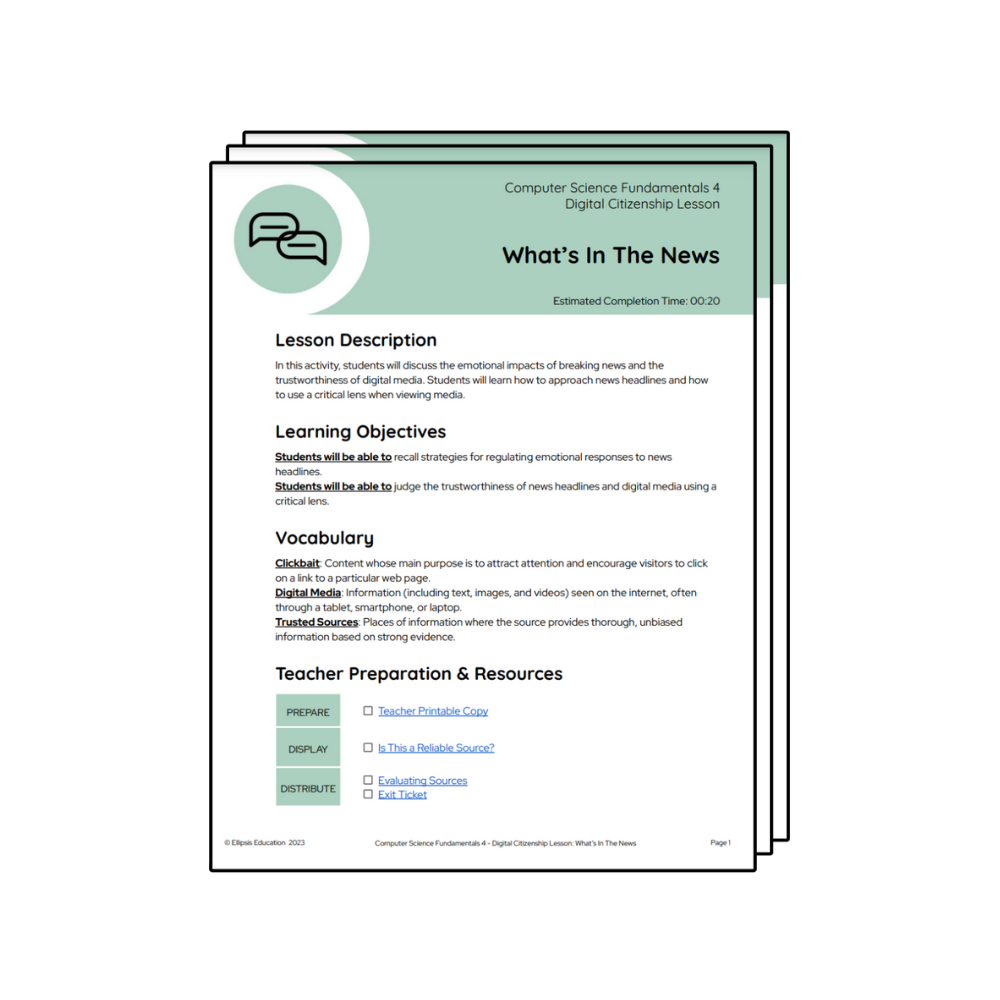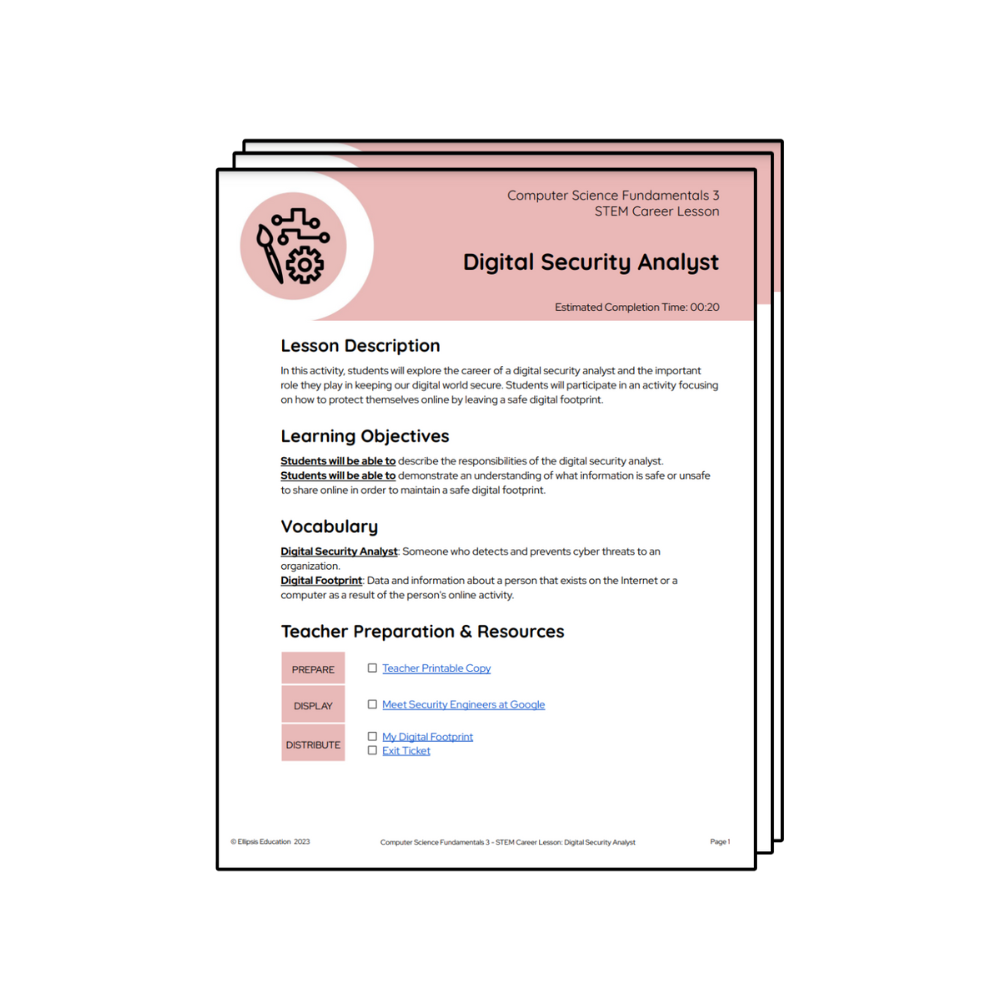Many studies have highlighted the importance of critical thinking in the workplace, making it a highly sought-after skill by employers across various industries. Career success often hinges upon thinking critically, solving complex problems, making informed decisions, and innovating. By teaching students such skills, they are advantageously poised for a successful career, irrespective of their chosen fields.
There are many benefits of critical thinking, which extends far beyond the classroom setting, with critical thinkers tending to be better communicators. This key characteristic further enhances their employability and career progression prospects.
Therefore, incorporating critical thinking into the K-12 education curriculum ultimately serves as a long-term investment in a student’s future professional success.
Introducing essential thinking skills early in a child’s learning journey can set them up for a lifetime of benefits.
At Ellipsis Education, we strive to integrate these vital skills into our curricular activities, ensuring every student benefits from the comprehensive development necessary for academic prowess, personal evolution, and career achievement.
Critical thinking in education also helps shape independent thought, creativity, and logical reasoning within the young minds of students. The key to teaching these skills is a curriculum that incorporates activities adept at challenging and nurturing mental flexibility. Computer science education plays a crucial role in imparting these skills, acting as a catalyst in fostering curiosity, problem-solving, and innovative thinking.
Educators can incorporate critical thinking activities for students by creating learning scenarios that require problem-solving. In a computer science curriculum, for instance, students are often presented with code puzzles or programming problems that require a strategic approach. By solving these, students harness their critical thinking and become comfortable with problems that require utilizing their knowledge, analytical skills, and imagination. Another aspect to consider is the fact that every educator needs to comprehend the importance of critical thinking for teachers.
Critical thinking should not be confined only to students, as teachers who demonstrate critical thinking serve as excellent role models for their pupils. When educators incorporate these skills into their teaching strategies, students can visualize the application of critical thinking in real-life scenarios. Meanwhile, the role of computer science education in cultivating critical thinking cannot be understated, especially in today’s technologically driven world.
Computer science lessons go beyond merely familiarizing students with coding. The curriculum assists students in navigating the digital realm responsibly while cultivating computational and critical thinking. Frequently, these lessons involve students working on projects that require strategic planning and execution, thereby enhancing their critical thinking and digital literacy.
The significance of a comprehensive critical thinking curriculum, coupled with computer science education, is now more relevant than ever. Encouragingly, numerous platforms now allow even educators with no specialized knowledge or certifications in computer science to impart these lessons to their students with ease and effectiveness.
Moreover, it’s a myth that computer science is only meant for gifted students, or it adds an extra burden on teachers. On the contrary, the field is inherently inclusive and complements modern educational priorities by fostering skills necessary not just for their academic excellence but also for their future careers in this digitized world.







